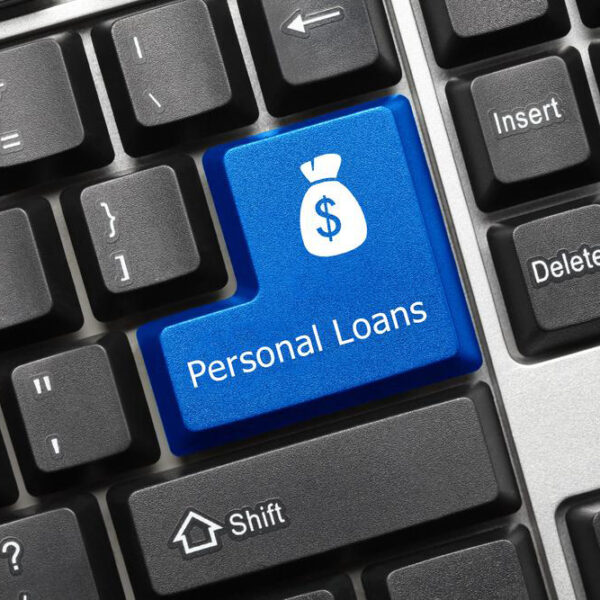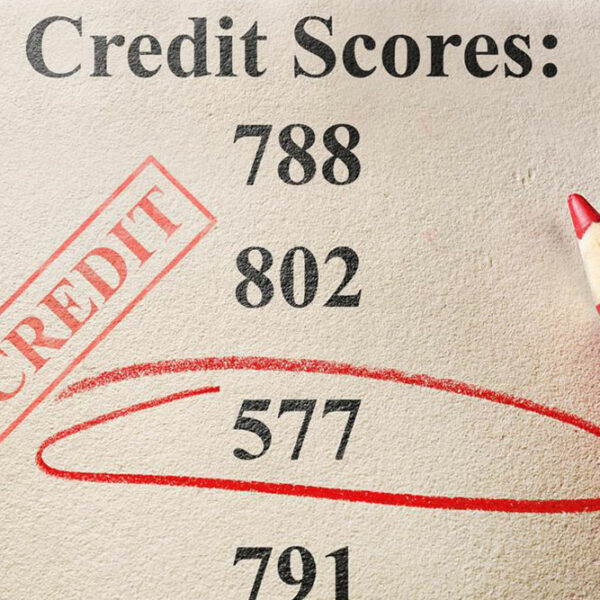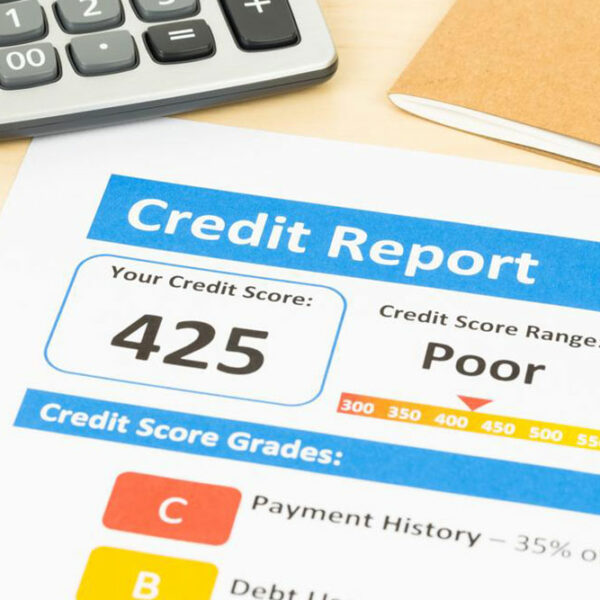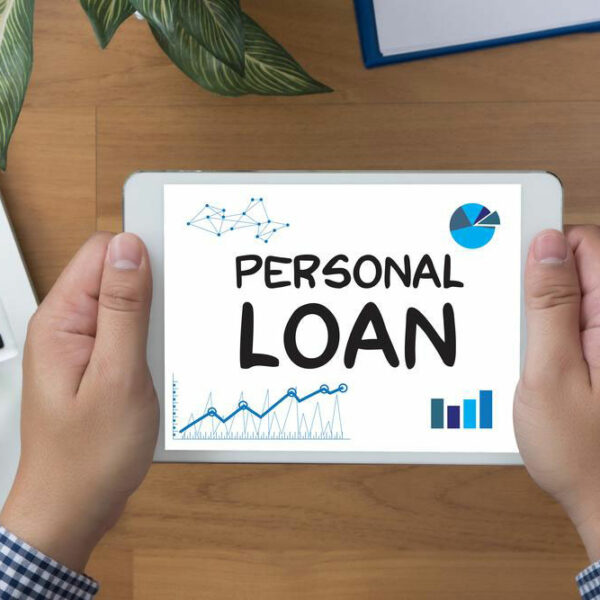
Here’s why you must consider opening a checking account today
Checking accounts are aimed at offering account holders easy and quick access to their money. It offers the depositors efficient and accessible means to withdraw their cash for their daily needs. They have also been called demand accounts or transaction accounts in the past. The ultimate selling point of this type account is that they offer reliable and fast access to an account holder. It provides the account holder numerous ways to make transactions like issuing a check, using a debit card at an ATM, via the phone and over the internet through netbanking. The key feature to this form of account is the lack of any unlimited withdrawal facility that allows the account holder to withdraw as much of their funds as they see fit at no extra transaction cost, The number of withdrawals are usually limited in savings accounts from 3-6 times a month depending on the bank.. Different banks offer checking accounts with varying packages and offers. This could mean the minimising of charges involved. Play By The Rules Most of the banks offer free online checking accounts. However, it is imperative that the customer to check the services offered. Specifically, one must ask about hidden charges before opening an account with a bank.









